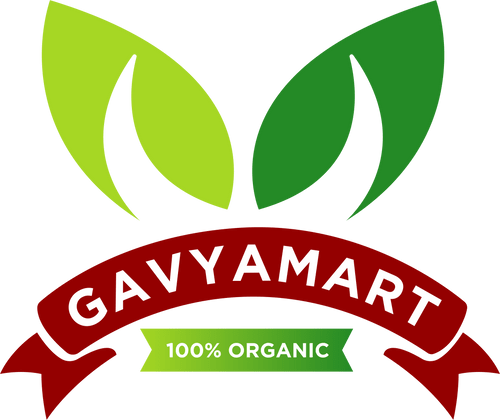Introduction:-
Organic farming is a vital part of sustainable agriculture, focusing on the use of natural methods to promote soil health, enhance biodiversity, and support ecosystem balance. By avoiding synthetic chemicals and fertilizers, organic farming helps create a healthier food system that benefits both consumers and the environment. This approach not only fosters healthier crops but also contributes to the overall well-being of the planet. In this guide, we will explore some of the key organic farming methods that prioritize sustainability, from crop rotation and soil management to natural pest control and ethical animal welfare practices. These techniques are essential for creating a more sustainable, eco-friendly agricultural system that can help ensure the future of farming for generations to come.
Organic farming employs a variety of methods that prioritize ecological balance, soil fertility, and the health of both crops and animals. Below are some of the core techniques used in organic farming:

- Diversity and Soil Health: Crop rotation involves alternating different crops on the same plot of land across seasons. This practice helps break pest and disease cycles, reduces soil erosion, and improves soil fertility. For example, rotating crops from the legume family with cereal crops can enhance nitrogen levels in the soil, benefiting subsequent crops. Some farmers may avoid planting the same family of crops in a given area for up to eight years, allowing the soil to recover and maintain its nutrient balance.

- Building Healthy Soil: Healthy soil is the foundation of organic farming. Organic farmers focus on enhancing soil structure, fertility, and microbial activity. Techniques such as incorporating organic matter like compost, manure, and biochar improve nutrient availability and soil aeration. By fostering a diverse soil microbiome, farmers can enhance the soil’s capacity to retain water and nutrients, resulting in robust crop growth.

- Organic Inputs: Instead of synthetic fertilizers, organic farmers rely on natural alternatives such as compost, manure, and mulch. Compost enriches the soil with nutrients and enhances microbial activity. Mulching protects the soil surface, conserves moisture, and suppresses weeds. Bio-fertilizers, made from natural materials, also play a crucial role in promoting healthy plant growth by supplying essential nutrients.

- Nutrient Supplementation: Green manures are cover crops grown specifically to be incorporated back into the soil. These crops, such as clover or vetch, provide organic matter and essential nutrients as they decompose. By enriching the soil with nitrogen and improving its structure, green manures support sustainable crop production without chemical inputs.

- Soil Health and Microbial Diversity: Cover cropping involves planting specific crops during the off-season to prevent soil erosion, suppress weeds, and improve soil health. These crops can enhance the soil's microbiome, contributing to improved nutrient cycling and overall soil fertility. Cover crops also help retain moisture and prevent nutrient leaching, supporting sustainable farming practices.

- Ethical Farming Practices: Organic farming prioritizes the welfare of animals by providing them with humane living conditions. Organic farmers do not use growth hormones or antibiotics; instead, they promote healthy growth through natural means. Animals are allowed to graze on fresh pasture, live in open spaces, and engage in natural behaviors. This not only benefits the animals but also contributes to healthier animal products.

- Natural Pest Control: Organic farmers utilize integrated pest management techniques to control pests and diseases without resorting to synthetic pesticides. This may include the use of beneficial insects, crop diversity, and natural repellents. Monitoring pest populations and promoting natural predators helps maintain a balanced ecosystem and reduces the need for chemical interventions.

- Sustainable Irrigation Practices: Organic farming emphasizes efficient water use through techniques such as drip irrigation, rainwater harvesting, and mulching to reduce evaporation. By improving soil structure and organic matter content, organic farmers can enhance the soil's ability to retain moisture, reducing the overall need for irrigation.
Conclusion:
Sustainable organic farming methods focus on creating a balanced, eco-friendly agricultural system that promotes soil health, biodiversity, and animal welfare. By incorporating techniques like crop rotation, natural fertilizers, and integrated pest management, organic farming helps build resilient ecosystems while producing healthier food. These practices not only benefit the environment but also ensure the long-term sustainability of agriculture. By adopting organic farming methods, we can contribute to a greener, more sustainable future for farming and food production.

